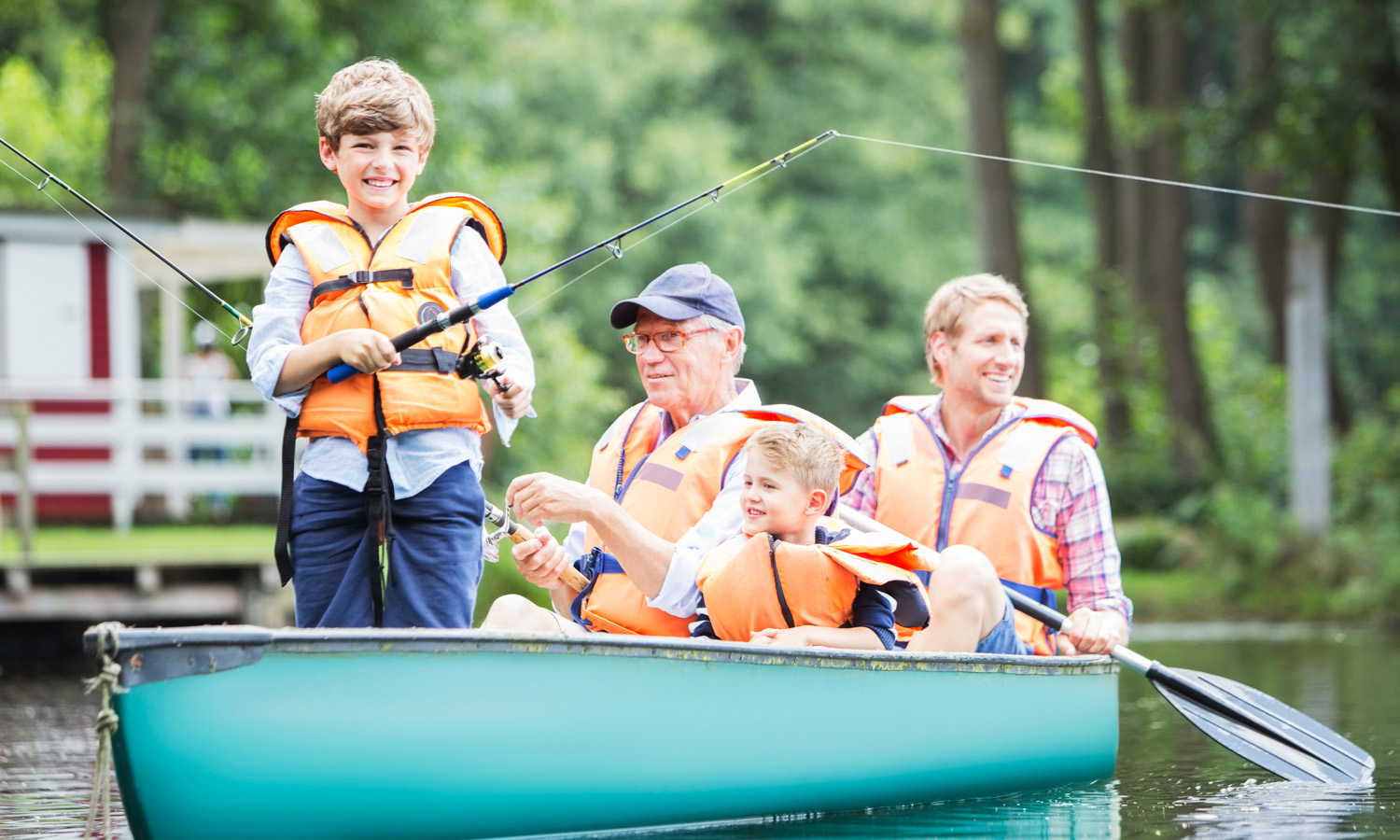5 Boating Safety Tips
In Texas, we enjoy an abundance of sunny days, pleasant weather and beautiful waterways. For water-loving souls — fishermen, skiers, wakeboarders and the like, it’s the environment for outdoor fun.

Central to the experience are recreational boats. From tiny skiffs to speed boats, there are many ways to navigate the state’s lakes, rivers and the Gulf Coast. Yet boating can present serious safety risks.
Each May, around the time of the nation’s annual Safe Boating Week observance, the U.S. Coast Guard releases statistics on recreational boating accidents1 across all 50 states. Alas, those numbers only reflect accident reports filed by boat owners/operators. In truth, there may be many more accidents each year — many of which might be avoided if only the people driving and riding in or near boats were to exercise a bit more caution.
In hopes of helping you prepare for your next water adventure, we’ve pulled together five tips to share.
1. Wear a life jacket (or personal flotation device) at all times
According to Texas Parks and Wildlife,2 most boating fatalities are recovered without a life jacket or personal flotation device (PFD). Meanwhile, in their review of 2022 recreational boating statistics,3 the Coast Guard noted that 75% of all fatal boating accident victims drowned. Of them, 85% were not wearing a life jacket.
Per state law, children (12 and under) must always have a PFD when on the water. To ensure everyone has one available, boat owners are wise to carry extra life jackets in adult and child sizes. Be sure to double-check that the device fits correctly and is properly fastened, too.
2. Become educated in boat safety
Do you own a boat? Texas Parks and Wildlife recommends that everyone in the family enroll in one of their free boater education courses. Offered online and in-person,4 boater education certification courses are required of anyone born on or after September 1, 1993, who wish to use Texas public waterways using any of the following:
- A 15-horsepower vessel
- A wind-blown vessel over 14 feet
- All personal watercraft
Additional courses available through the department include sailing and paddling safety.
Depending upon your insurance company, you may also be eligible for discounts if you complete safety courses such as those offered by the U.S. Coast Guard.5
3. Be careful with alcohol
The U.S. Coast Guard cites6 alcohol as “the leading known contributing factor in fatal boating accidents; where the primary cause was known, it’s listed as the leading factor in 16% of deaths.”
Some might say that, in a perfect world, no one would drink on or near a boat. But provided that the boat operator is not imbibing, it’s technically legal to operate a boat with alcohol on board in Texas.
If you do choose to permit guests to consume alcohol, do so with an abundance of caution — and with awareness about what responsibility you might bear if an accident were to occur.
4. Keep your boat in tip-top shape
A crack in the hull. Exhaust pipes leaking odorless, colorless and poisonous carbon monoxide near the back of the craft. The absence of a fire extinguisher. A faulty bilge pump. Messed up fuel lines. These are basic issues that can and should be addressed while your boat is docked or stashed in your backyard.
Preventative maintenance (including winterizing) can go a long way to avoiding accidents or even the loss of your boat via sinking. Fortunately, the Coast Guard offers free vessel examinations7 and safety checks.
5. Be prepared
In the rush to get out on the water, it’s easy to overlook some basic steps that can serve as an added layer of protection for you, family and friends. Consider the following before heading out:
- Bring ample water and sunscreen — and know the signs of heat exhaustion or dehydration.
- Let someone on land know when you’re leaving, your route and when you plan to return. Known as a “float plan,”8 this can help speed up rescue.
- Check the weather forecast. High winds and storms may interfere with your time on the water.
- Ensure everyone knows how to swim, if feasible. Consider investing time in additional water safety courses or certifications9 offered through the American Red Cross.
- Dress properly and consider bringing an extra set of clothes.
The takeaway
Resources and training opportunities abound to help keep you safe while boating. At the end of the day, however, most approaches to boating safety involve little more than forethought, common sense and a commitment to keeping everyone feeling confident and happy with the day’s activities.
Of course, it helps to have good boat insurance, too. RBFCU Insurance Agency offers boat insurance coverage options that include liability, collision, comprehensive, uninsured boaters and more. Request an online quote today.

.jpg?sfvrsn=6562b4a8_4)



